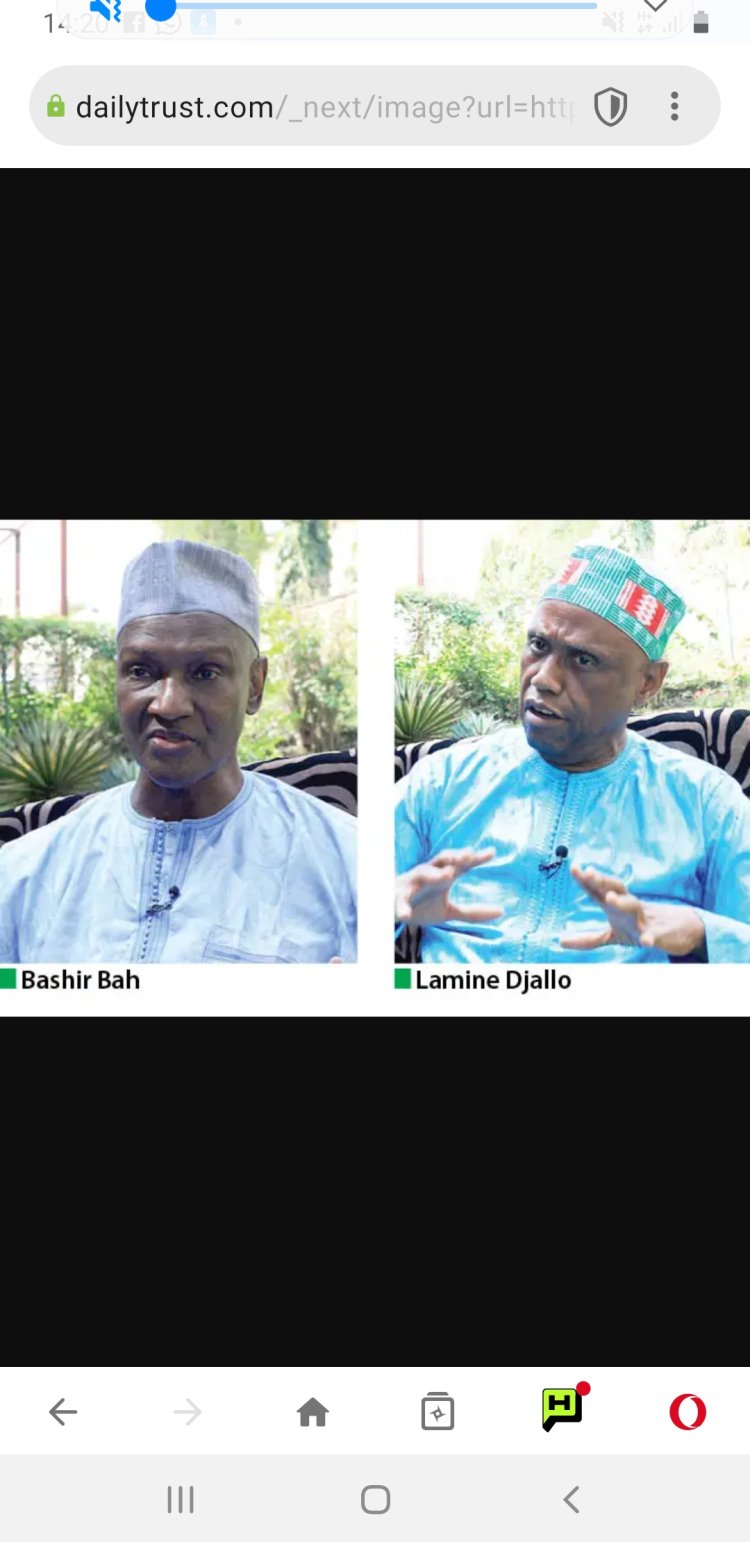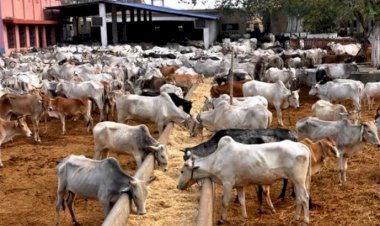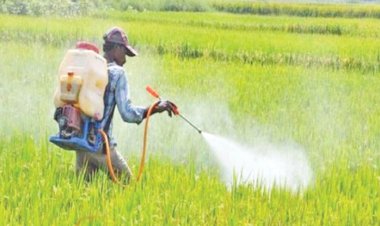How Nigeria Can Resolve Herders/Farmers’ Crisis – Fulani Group In US

-
Alleges genocide against Fulani in Guinea
A United States-based Fulani cultural association, the Pottal Fii Bhantal Foutah–Djallon (Union for the Development of Fouta Djallon) has suggested, among other things, small-scale ranching and dialogue as a panacea to the perennial herders/farmers’ crises in Nigeria.
The organisation, dedicated to the emancipation of the Foutah–Djallon and Fulani mainly in Guinea and other African countries, also alleged consistent violence and genocide against the Fulani in Guinea.
The group also lamented the lack of action by successive administrations, which they accused of not prosecuting those involved in criminal activities as part of the reason why the crisis has continued to fester.
The group, therefore, noted that there was a need for all stakeholders to come together in tackling the circle of violence.
Bashir Bah, secretary of the union, in an exclusive interview with Daily Trust on Sunday, noted that there can be a technical solution to the farmers and herders’ problem in Nigeria if the government comes up with an enabling environment.
He said providing “extensive cattle grazing area, having a large farm and bringing in food instead of having cattle moving around the environment will go a long way in taming the herdsmen and agriculturists problem.

Cows grazing in Nasarawa State
“You grow the food for the cattle, and you can get the by-product from the cattle as fertilizers, that has worked well in many countries, especially in the United States.
“Besides that, you know there are larger issues than the technical issues, there is the issue of global warming, leaves drying up in the traditional lands of the herdsmen, and they may move, that will create some conflicts, but it is up to the government to find ways to settle these conflicts and not to allow them to flare up as ethnic fighting, almost leading to civil war,” the secretary said.
According to Bah, “Political leaders including all the stakeholders, traditional leaders, representatives of the herdsmen, the agriculture farming community, need to get together and find a solution; there should be no conflict. There is conflict because there is no respect for the law, and there have not been laws put forward and neither do we have real policies to address these issues.”
He also cited an example in Guinea, saying “If we take Guinea for example, where most of the Fulani are herders and most of them do farming and cattle raising and traditionally the people who were there before the Fulani were agriculture people, although there have been infightings in the name of hegemonic policies, it doesn’t really flare up as a conflict.
“What we see in Guinea is that the Fulani that go outside the Bhantal Djallon with their cattle have seen their cattle being killed, using the same argument of “they are plundering our land.”
Bah also accused some powerful people of being behind the debacle, “So we cannot escape the manipulation behind the conflict. Who has an interest in the conflict, who is behind those providing the weapons, we don’t make weapons in Africa; these people carry machine guns, where do they get them from?
“They have powerful economic and political people in the shadows that should be exposed in order to stop people from killing each other without reason.”
On the issue of ranching, he said, ranching is very costly, adding that Nigeria should not import the American style of ranching. But because of the conflict, “ranching at a small level, not this big American style will help a lot. But it needs a central policy where people talk to each other with the law as the guidance and also tackle the economic saboteurs that are manipulating the issue.”
On what they can do to assist the country, Bah explained that their organization, in conjunction with Tabitat Pubaku International, the umbrella organization for all Fulani at home and in Diaspora, is working to bring peace between communities all around the world.
“That is what we are working on; that is our plan. It would involve community leaders, economic operators to understand that there is no gain to be made by people in conflict; that in the long run all the conflicts create a lot of issues. That is why we are working with leaders of communities to build peace.”
Speaking on the alleged genocide in Guinea, Lamine Djallo, the coordinator of the group, explained that “there is a threat of genocide; there is a lot of violence directed at the Fulani community in Guinea by successive governments in the country, before independence and through the years, even the Sekou Toure years.
“Toure accused the Fulani community of a plot to overthrow his government. He called for the elimination of the Fulani in Guinea. He said it was easy to recognize them, “whatever you have whether it is a gun, a knife or a hatchet, go out and kill them, I will take the responsibility.
“He called the Fulani thieves, and that if you arrest thieves, many of them are Fulani; all kinds of things from the head of state of a country, that is dangerous.
“But after he died – there was a military coup – the one that replaced him, Lansana Conte, even though he was not as violent as the one before him, but he got rid of all the Fulani in the administration.”
He recalled that “in 2006 and 2007, there was the democratization process in Africa; there was a lot of movement in Guinea. As a result, one day more than 300 people were killed in Conakry and most of them were Fulani.
Djallo said: “Dadis Camara took over, after promising democracy, but a few months later, he started talking about running for president. So, there was a protest meeting organized at a stadium. Many people went there; about 55,000 people were in attendance.
“The military came in, locked up all the doors, electrified the place and opened one door and went in and started shooting, they killed about 150 people and they raped every woman they could lay their hands on in public, and it turned out even after the Human Rights report, that 99 per cent of the women that were raped there were Fulani.
“The UN came in to investigate the situation and the International Criminal Court also investigated the issue and said it was a crime against humanity and they opened up another investigation.
“When Alfa Conde became president, we were hopeful that there would be a trial. They had a panel of judges that investigated the murder and indicted 15 people, it was said that two main people were conducting the aggression in the stadium; one of them was a prominent person with almost a minister’s rank.
“The other was the head of a crime unit. So, for the last 12 years, he has refused to allow the trial to take place. He even gave the excuse that he needed to build a new judicial palace for the trial. Our organisation has been fighting, writing memorandum,” he said.


















































